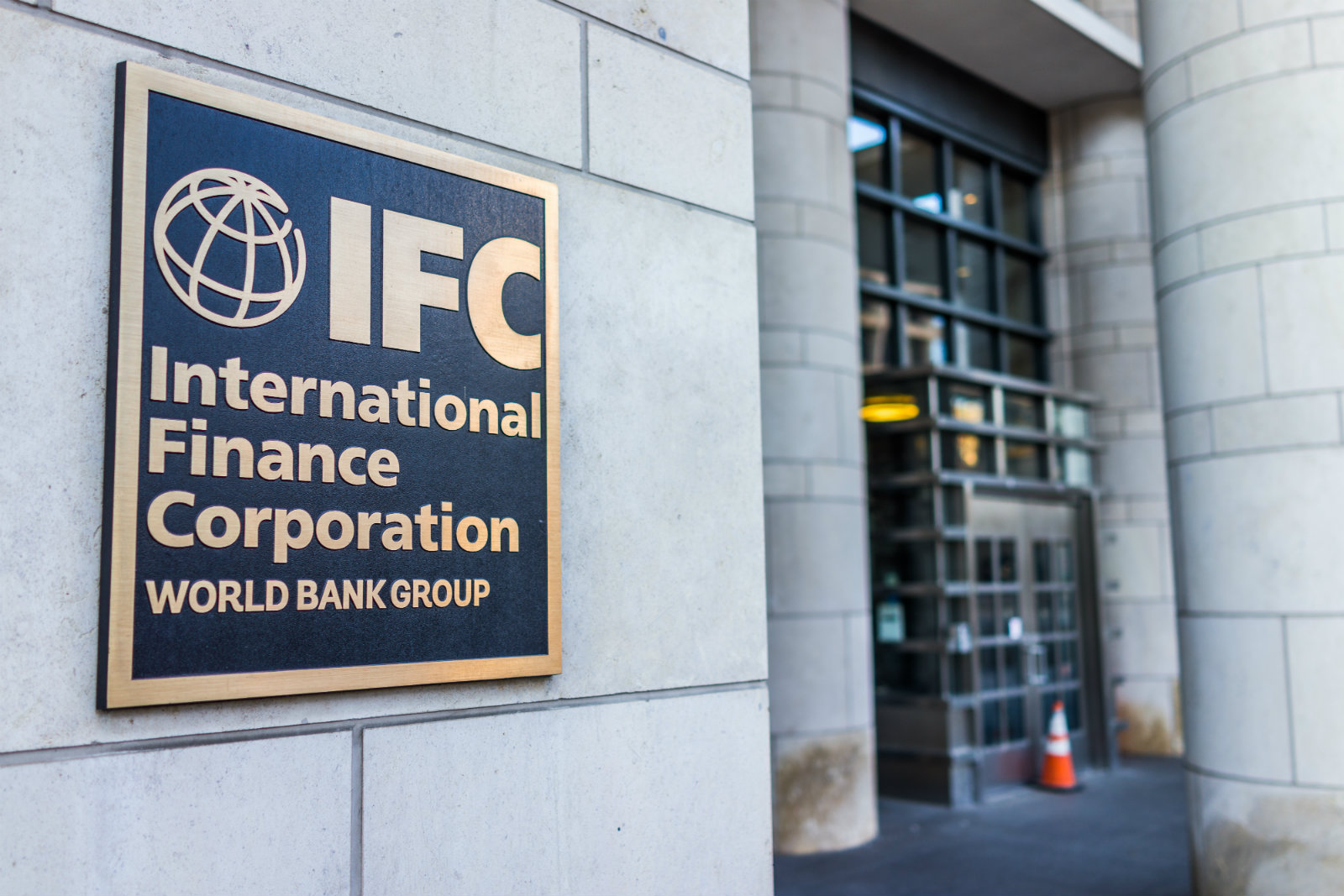Spotlight: Walid Labadi, Egypt country manager at the International Finance Corporation, on investment in the corona era

What’s a private equity investor to do in the time of covid-19? The International Finance Corporation has ideas. Earlier this month, the International Finance Corporation (IFC) announced a USD 20 mn investment in SPE AIF I, an Egypt and North Africa-focused PE fund managed by SPE Capital Partners. In SPE, the corporation has channeled investment into an ambitious fund looking to “significantly ramp up” its involvement in Egypt’s private sector.
With just 15% of its current USD 65 mn portfolio invested in Egypt, SPE is looking to hike AUM to USD 200 mn or more by 3Q2020 and has earmarked 40% of for investment in Egyptian opportunities, Managing Partner and CEO of SPE Capital Nabil Triki tells us. Having already raised 90% of its target, the fund is looking at other companies in the Egyptian healthcare sector (Future Pharma Industries being its sole portfolio company in the country so far) as well as firms operating in the manufacturing, education and B2B services sectors, he says.
With companies looking for growth capital and lifelines alike amid fallout from covid, we spoke with Walid Labadi, the IFC’s country manager for Egypt, to discuss the corporation’s plans.
Enterprise: What sectors is the IFC looking at in Egypt and regionally?
Walid Labadi: Our strategy in Egypt focuses on three pillars: Employment, integration, and inclusion. We are keen to develop and invest in job-generating sectors, such as manufacturing, agribusiness, and tourism. We also seek projects in sectors that enhance integration and connectivity, such as digital technology, telecoms, and infrastructure. We also focus on inclusion, where we look at improving access to healthcare services, investing in education, promoting financial inclusion, and facilitating access to finance for small businesses, youth, and women.
Countries in the MENA region face a host of long-standing challenges like unemployment, infrastructure gaps, lack of financing and gender inequality. In Egypt, our investments and advisory programs are geared towards tackling those challenges through increasing private sector participation in the economy. We believe that the private sector can play a critical role in generating jobs and promoting economic growth.
E: How is the IFC prioritizing investments in Egypt through the pandemic? Is it focused on supporting the most vulnerable sectors or those most likely to succeed?
WL: As a global response to the covid-19 outbreak, IFC announced a fast-track financing facility of USD 8 bn to support impacted businesses, especially in the tourism and manufacturing sectors.
The financing is part of a USD 14 bn relief package announced recently by the World Bank. IFC’s support will focus on three areas: First, we’re providing USD 2 bn to support our existing clients in sectors like manufacturing, agribusiness, and healthcare. The financing will help them preserve jobs and weather the covid-19 storm. Secondly, we’re earmarking USD 6 bn to emerging-market banks, allowing them to ramp up lending to businesses and support cross-border trade, which will keep essential goods flowing between countries.
In Egypt, we will focus on investments that support employment and help reduce risks associated with disruptions to supply chains and consumer demand. We will also continue to address long-standing challenges, like unemployment, infrastructure shortfalls and a lack of financial inclusion.
Finally, we are proceeding full speed ahead with projects that arose pre-covid-19. This work will play a key role in driving a strong economic recovery in Egypt.
E: Which sectors do you think will be hardest hit by the current crisis, and which could emerge stronger?
WL: In addition to structurally resilient sectors such as education and healthcare, we believe export-centric manufacturing, logistics, and businesses which could substitute imports, could emerge stronger.
Sectors that will be hard hit include tourism, with the impacts of travel and movement restrictions, and oil and gas due to lower global demand. Manufacturing will also be affected due to global supply chain disruptions.
It’s clear that the healthcare system is currently under pressure, and this has illustrated tremendous need for enhanced healthcare services. The private sector can play a critical role in meeting this demand. Testing and preventative measures are becoming increasingly important and we are looking at projects across the healthcare value chain to support that.
We are witnessing an acceleration in the move towards more online and digital services. Although it is early to predict who will emerge the strongest, it is evident that sectors such as fintech, digital infrastructure and solutions, and e-learning will grow. By developing these sectors Egypt can drive economic growth and we would like to work with the government to enable that.
E: Is the IFC planning further investments in Egypt-focused PE funds in the near future?
WL: Well, as you are aware, we recently invested USD 20 mn into a newly-independent private equity fund to help extend necessary financing to small and mid-cap companies in countries where access to equity is constrained, like Egypt, Morocco and Tunisia. Such investments can play a critical role in development, helping to build the dynamic, job-creating companies that drive prosperity, provide essential goods and services, and strengthen the middle class. We will also maintain an active pipeline in private equity, considering both single-country and regional funds for investment.
E: How much of the USD 40.5 mn invested by the IFC in MENA-based private equity and VC funds has been directed to Egypt, and in which sectors?
WL: In FY20, the IFC invested a total of USD 40.5 mn in private equity and venture capital funds to support businesses in the MENA region. Most of these funds have regional coverage, meaning they invest across the region and across a variety of sectors. The funds, including SPE, are expected to invest a significant portion in Egypt. These numbers do not include direct investments by IFC.